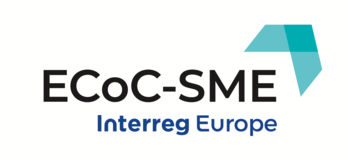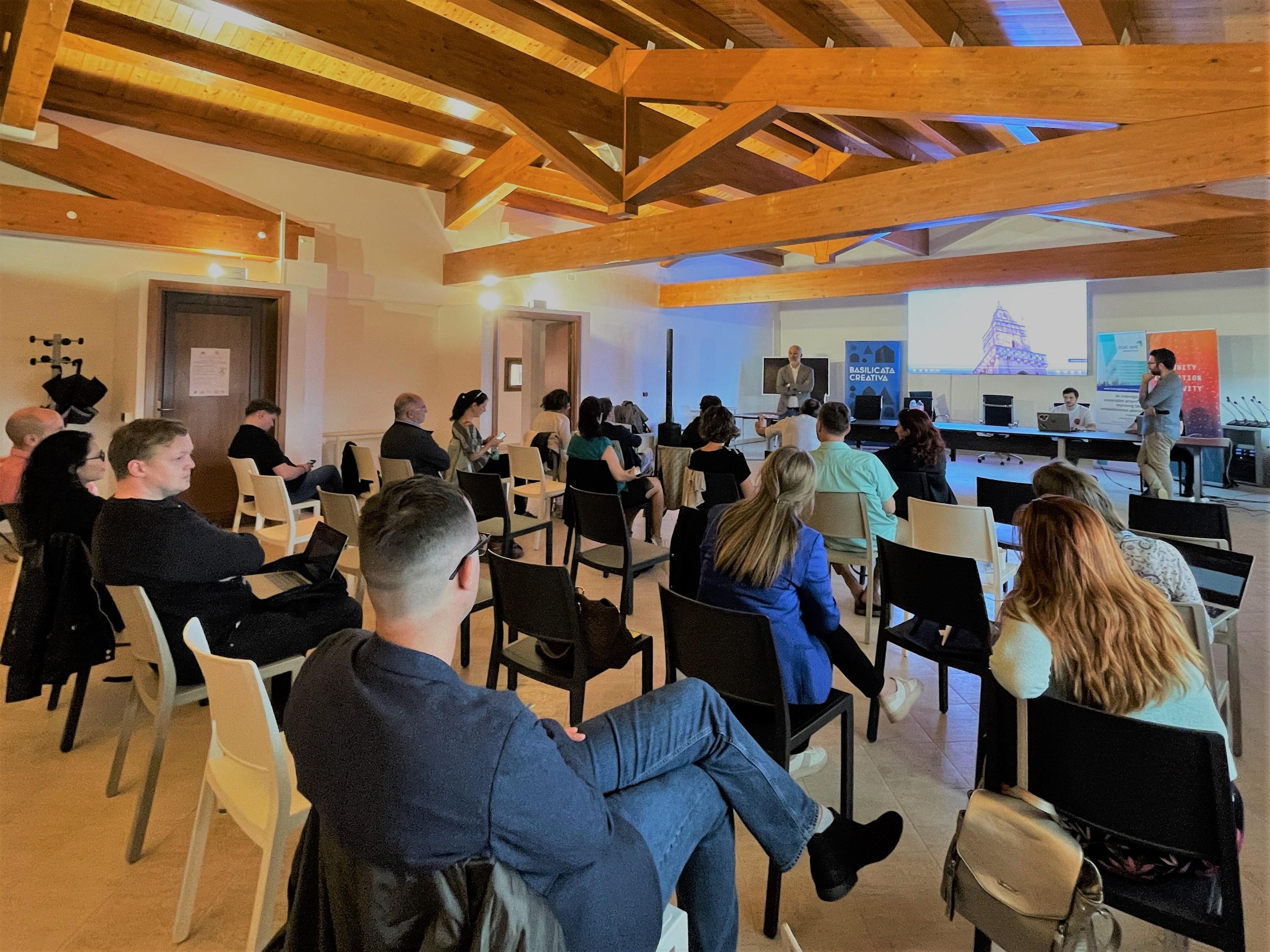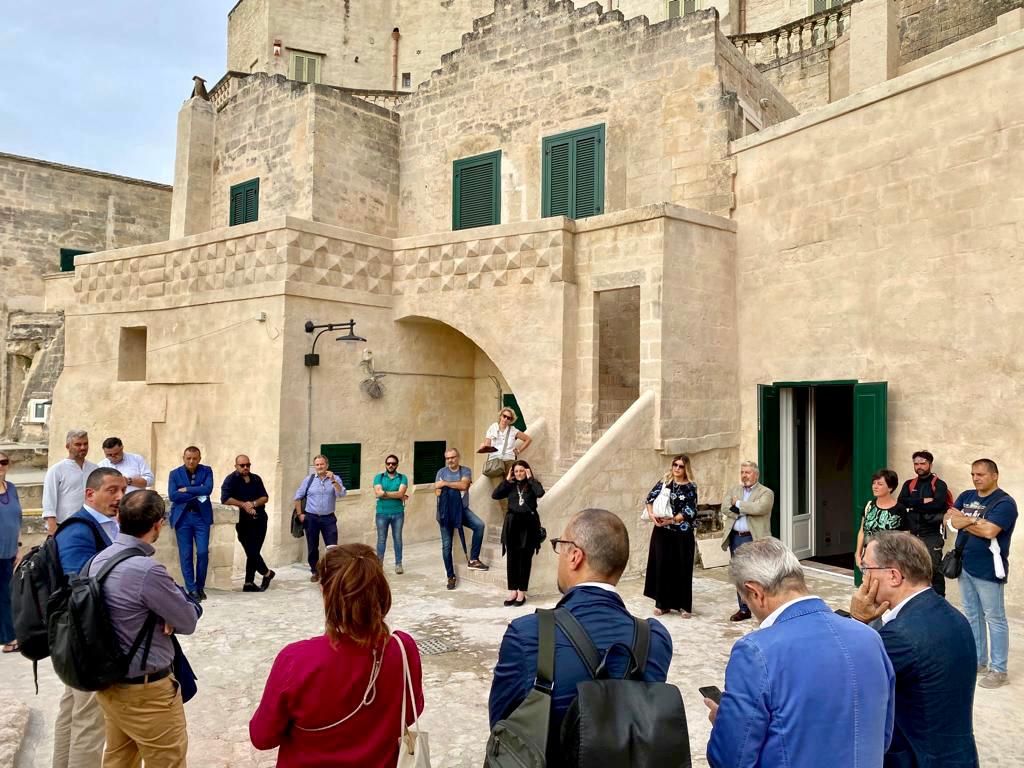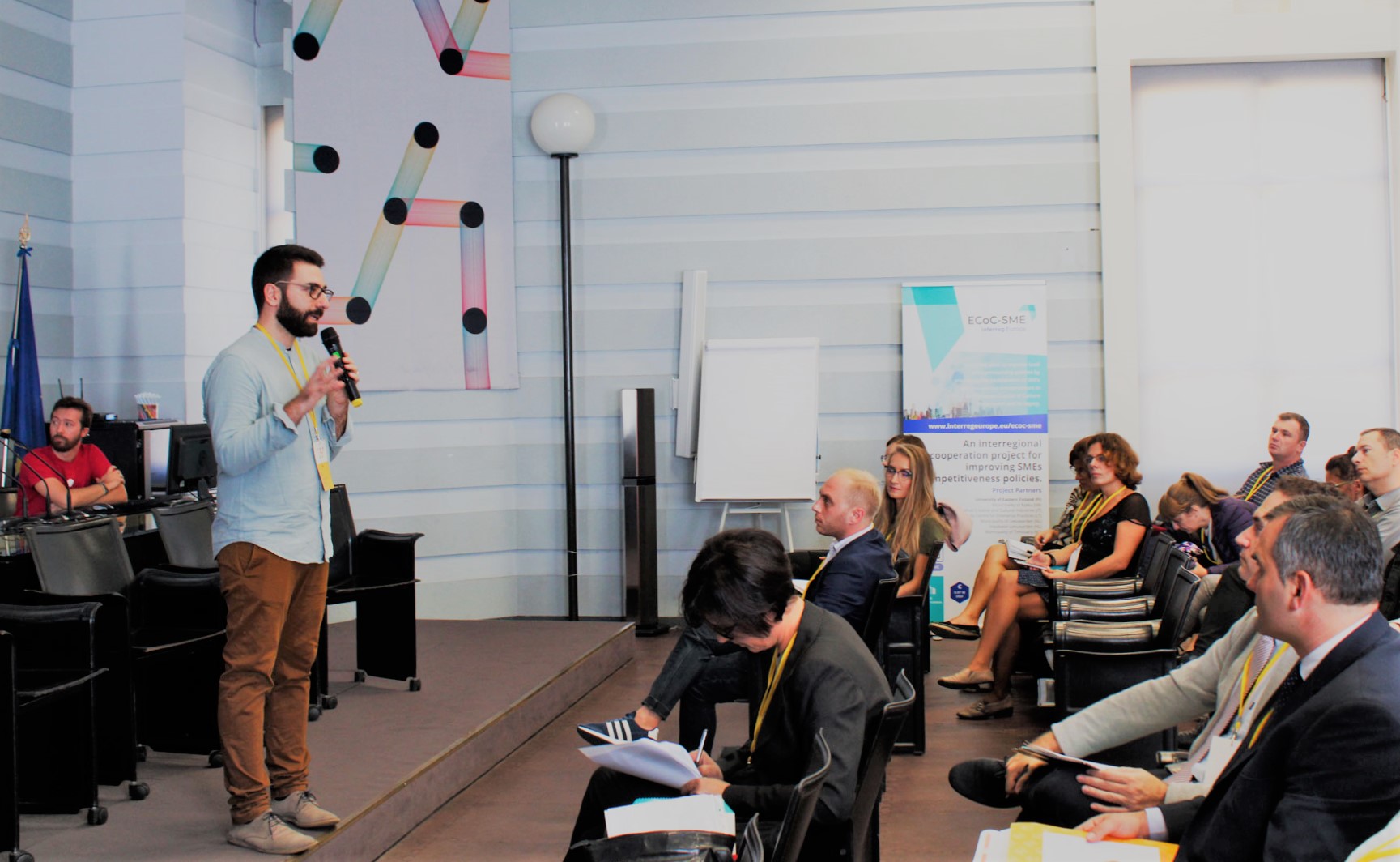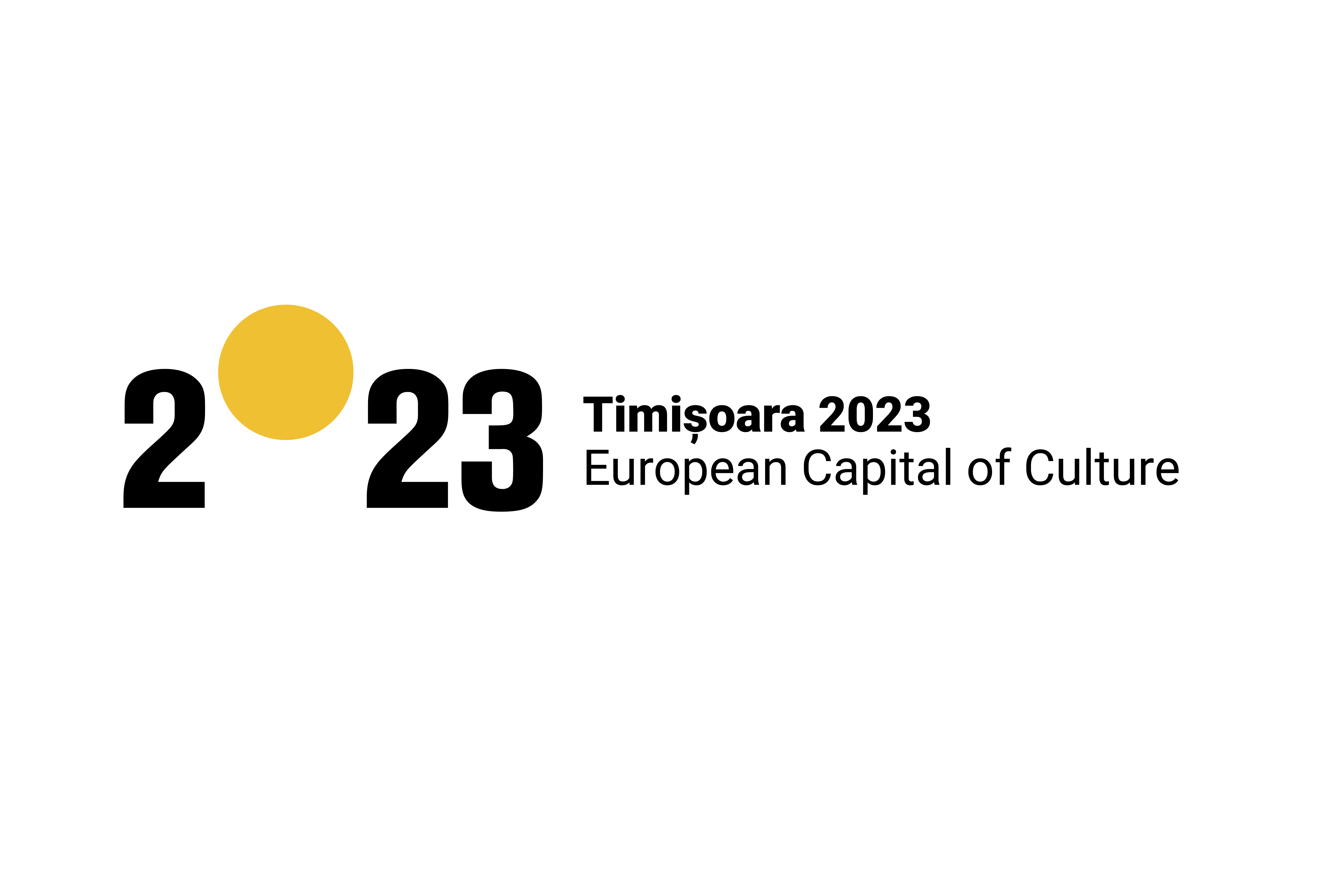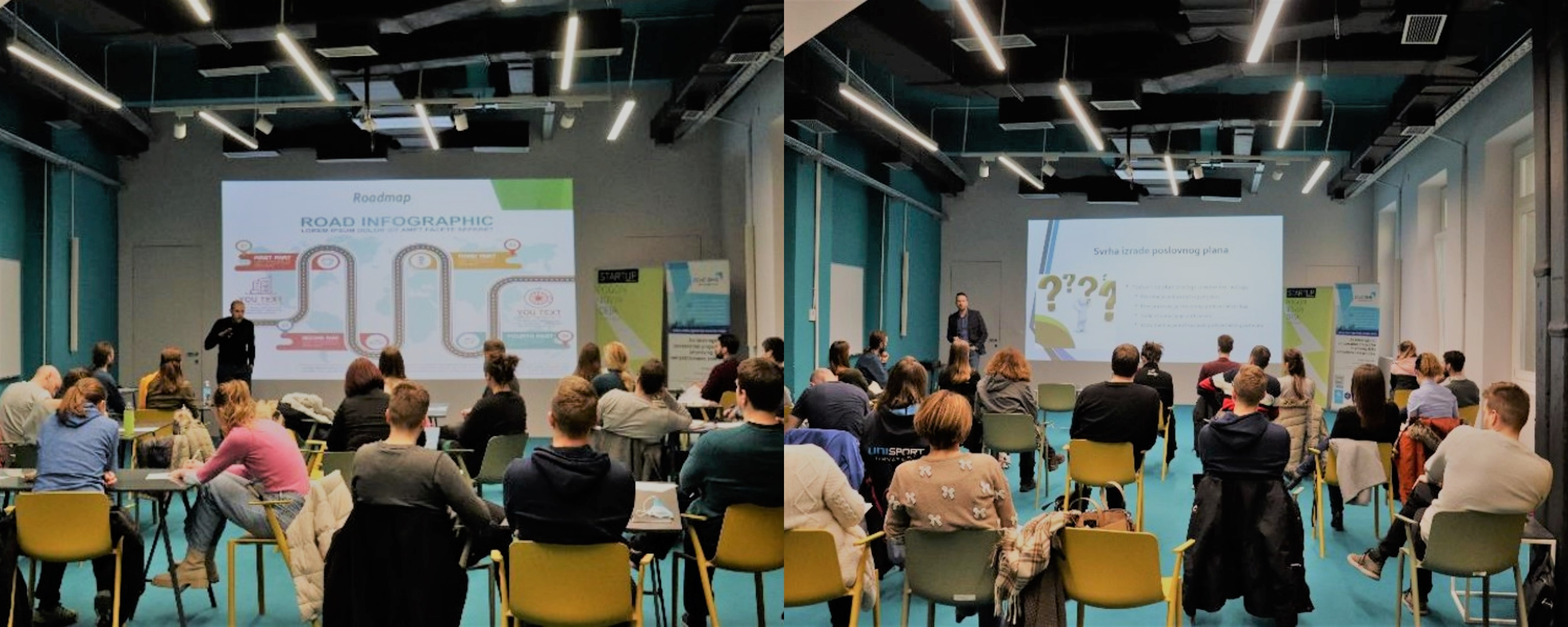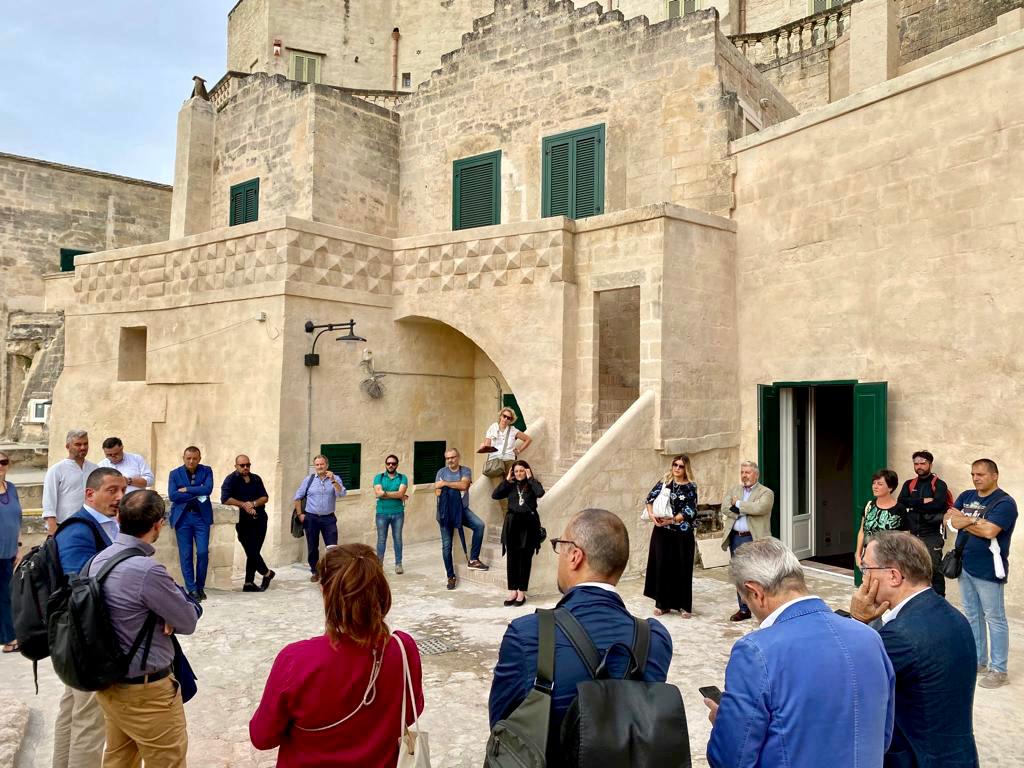We are proud of being able to continue our project in all the 5 partner regions 'against all odds'. This period has brought several challenges and uncertainties for the Partnership and their regions. This we could see not 'only' in terms of their policy instruments and ECoC projects, but regarding the obstacles in interacting with and engaging further, stakeholders, as well as the difficulties and stress they have faced during their basic routines and daily work. ECoCs were called off (Rijeka) and postponed (Timisoara), original PI funding became uncertain in a matter of weeks -- which also generated political tensions, temporary leadership crises. Returning lockdowns in the regions put a lot of stress on our Partners and their stakeholder groups.
Despite all these difficulties, the ECoC-SME Partnership remained very committed. We are particularly proud of the growing impact of our project. In spite - or maybe because - of the limited opportunities to continue work as originally planned, our project continued to have increasing online visibility during this reporting period. The number of visitor sessions at the ECoC-SME webpages went over 2600 in 6 months. This required a well-designed strategy and a lot of extra effort from the coordinator and all Partners. We believe the fact that more and more good practices are being identified in the regions and that their planned actions are becoming increasingly concrete helped publishing news with attractive and useful content for our readership.
More than ever before, the crisis raised attention to the need to make actions and their impacts sustainable on the long run. Although actions clearly focussing on legacy creation were originally envisaged only in Leeuwarden and Matera, it has become obvious from this semester that all our ECoC-SME regions are drafting actions in support of longer-term developments. This is also a result of interregional learning: we can see a shared concept of joining actions that are 1) aiming for capacity building for entrepreneurship, 2) establishing new regional cross-sector platforms for problem solving and innovation, and 3) introducing novel governance solutions for community engagement.
An important ECoC-SME’s message is that for sustainable impacts of promoting entrepreneurship in cultural and creative sectors these are crucial elements to combine.
